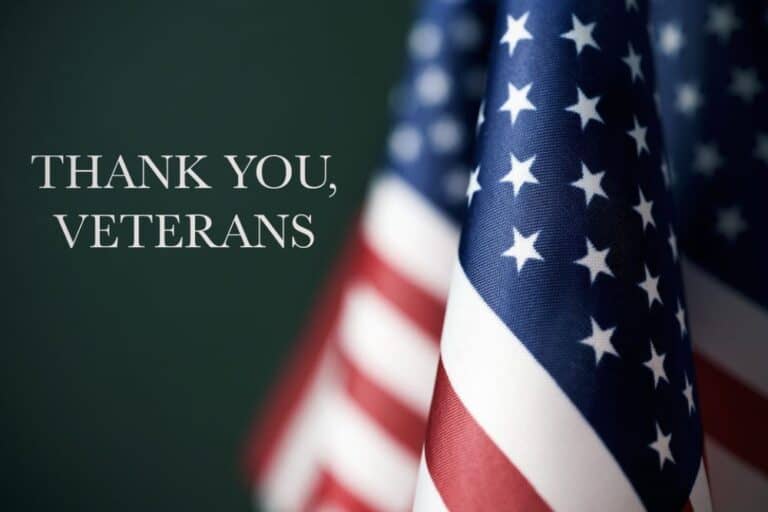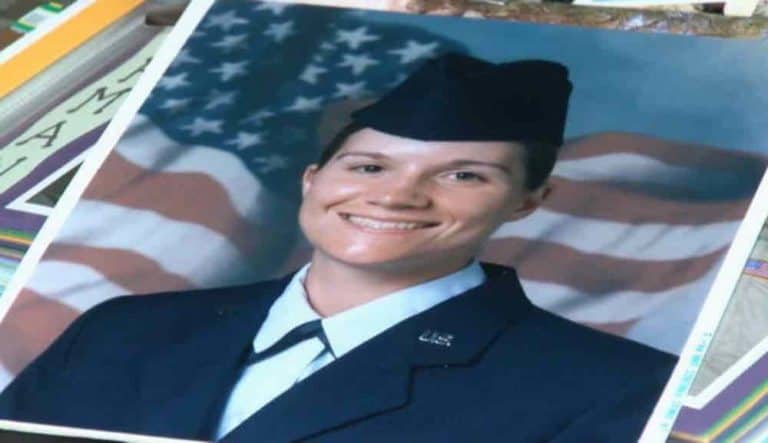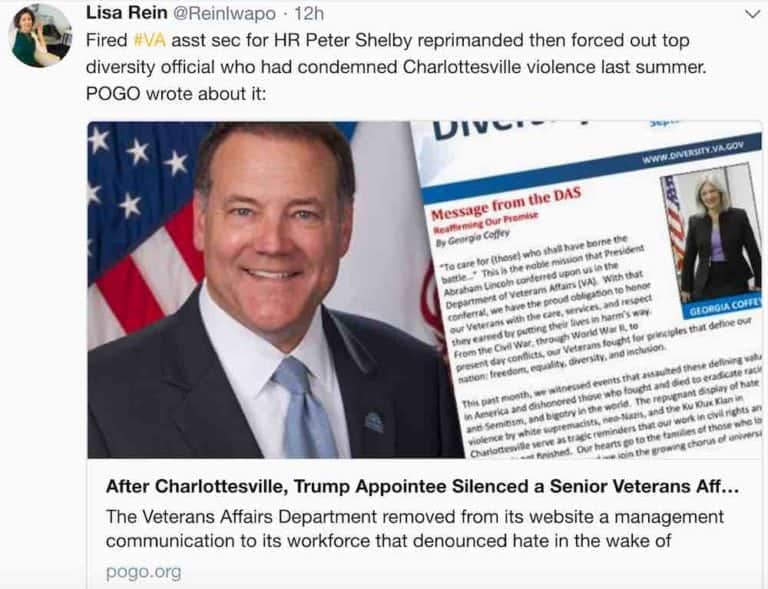Veterans Lose Ground in Appeals Battle After Supreme Court Ruling
In a ruling that could quietly reshape how veterans pursue disability claims, the U.S. Supreme Court has sided with the VA, limiting judicial review of how the “benefit-of-the-doubt” rule is applied.
This decision effectively confirms that when the VA denies a claim, its judgment on whether to apply that rule of leniency cannot be second-guessed by higher courts. It places even more weight on how veterans build their case from day one — because once it’s denied, the ability to challenge it just got harder.
What Was the Case About?
The case involved Army veteran James Buffkin, who filed for disability due to service-connected mental health conditions. After his claim was denied by the VA, Buffkin appealed through the usual channels — arguing that the VA had failed to apply the “benefit-of-the-doubt” rule properly.
That rule, by law, is supposed to tip the scale in the veteran’s favor when there is an even balance of evidence — essentially a tiebreaker.
But the Supreme Court ruled that determining whether evidence is “evenly balanced” is a factual matter, not a legal one — meaning the higher courts cannot step in to question how the VA made that judgment.
“We hold that the Veterans Court must review the VA’s application of the rule the same way it would any other determination — by reviewing legal issues [from the beginning] and factual issues for clear error,” Thomas wrote.
Read more on the decision from Military.com.
Why This Matters to Veterans
This ruling doesn’t eliminate the benefit-of-the-doubt rule — but it does make it harder to enforce. If the VA says your evidence wasn’t strong enough, you can still appeal — but you may not be able to argue how they weighed the evidence unless it was clearly unlawful.
That gives VA adjudicators more discretion and puts more responsibility on you or your representative to get it right the first time. Here’s what could be impacted:
- PTSD, MST, Gulf War Illness, and other “invisible injuries” claims
- Veterans with claims based on limited or outdated records
- Cases with conflicting medical opinions (e.g., private doctor vs. C&P examiner)
What Veterans Should Do Differently Now?
In light of this decision, veterans filing claims or appeals should take extra care to build the strongest case possible up front. Here are five steps to take:
- File a Supplemental Claim (VA Form 20-0995) With New and Relevant Evidence
If you’ve been denied, bring new material — because simply arguing how the VA weighed the old evidence might not cut it anymore.
- Back Your Claim With Medical Evidence
Don’t just submit symptoms. Get a doctor to connect your condition directly to service (a “nexus letter”).
- Write a Detailed Statement in Support of Claim (VA Form 21-4138)
The more context and clarity you give about how your condition developed, the better.
- Use Buddy Statements When Official Records Are Thin
Statements from fellow service members, spouses, or close friends can make a difference.
- Work With a VSO or Accredited Attorney
They know how to present the right evidence in the right way — especially now that appeals may hit roadblocks earlier. You’ll need to work with a VSO if filing an initial claim or increase, but we strongly suggest seeking legal advice from a VA-accredited attorney whenever you disagree with an initial decision or increase decision.
Strategy Over Sympathy …
Let’s be honest — this decision adds more pressure to veterans to “get it right” in a system that’s already known for being complicated. It doesn’t take away your right to appeal, but it does make it easier for the VA to say, “our judgment stands,” without further accountability.
Now more than ever, a strong initial claim could mean the difference between approval and years of frustration.
We’ll keep tracking how this affects real veterans, and continue pushing for policies that make the system work for you — not against you.
Have you been denied a claim that should’ve gone in your favor?
Share your story at DisabledVeterans.org/contact — and help us make sure no veteran gets left behind in the process.






I gave up my Gabapentin a week ago. I had “0” withdrawal. I”ve been on it over 15 years!!
Veterans losing ground by having to go to mentally disordered trolls for shots and pills. Veterans losing ground by being tossed around in a circle like a hot potato, in what appears to be one of the biggest healthcare scams in human history… the Veterans Healthcare Administration.
They put some fat cat in a bunker there at VA..who sets the level of denial of care. The lemmings who work for VA follow the orders and fall in line. Veterans are complicit because many of them work for the lawless, derelict, and incompetent entity. Boycott VHA… walk out.
They have you fill out a pain survey. Doesn’t matter if you put 10 they’ll just say you’re exaggerating if it’s degenerative disk disease. You’ll not get surgery until you crash and burn in a car wreck. They pretend to be surprised when you leave and sweep the shit under the rug. Service connected… doesn’t matter if it costs over 10K to fix something. It’s not gonna happen unless you’re dying… then they have to…to maintain some semblance of validity and credibility.
Here is some information that may help veterans with neck and back problems. I have been service connected for a short right leg since I got out in 1984. it is rated at 0% disabling.
This leg length discrepancy has altered my body mechanics tilting my pelvis and wreaking havoc on my back, hips, SI joints and even my neck.
The VA fought my Doctors orders to have an MRI performed in the sitting/standing position and denied the MRI.
I eventually won this battle with the VA and had several of these MRIs performed on my neck/back/sacrum.
The FONAR UPRIGHT MRI showed the compression of the nerve roots where the recumbent (lay down) MRI did not. Laying down is a position of relief for me. Being able to have this MRI performed in the positions that cause you pain makes the difference.
The nerve conduction studies also did not show the problem with the nerve root compression which were also performed while laying down.
The VA eventually approved my spinal cord stimulator which has significantly reduced my neuropathic back and leg pain.
At the same time, VISN 20 was denying Alaskan Veterans Spinal Cord Stimulators as reported Feb 9, 2022 article in the Alaska Watchman.
It’s disgusting that Veterans have to continually fight the VA for Healthcare. But that is what is necessary. The doctors in Alaska stood up for Veterans per the Alaska Watchman article but am not sure if the class action lawsuit was ever filed.
Don’t give up fighting for VA healthcare.